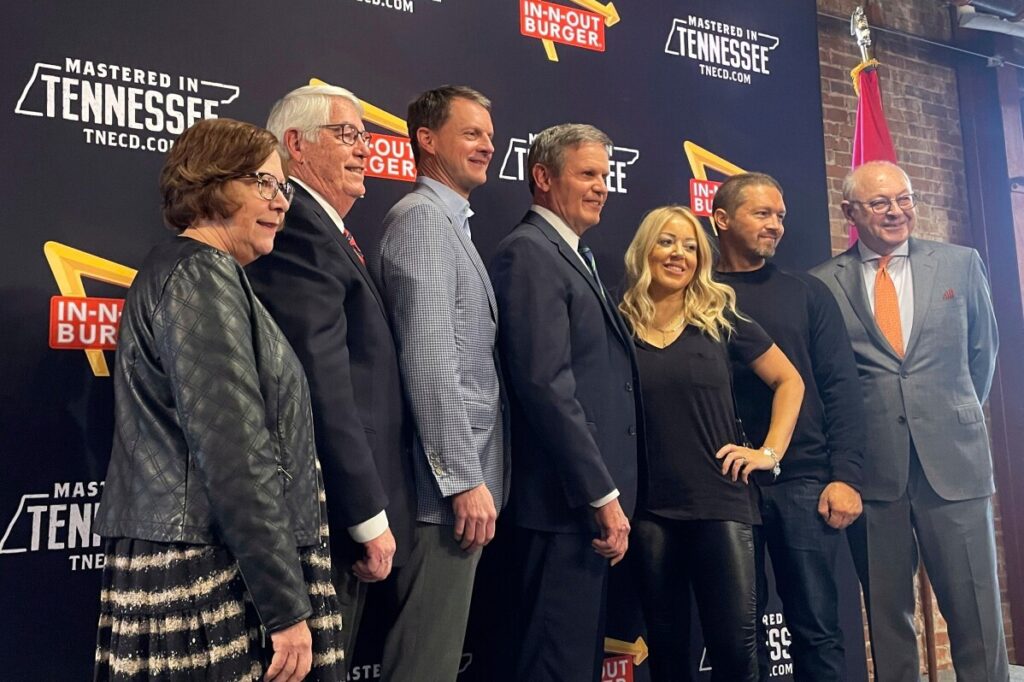Australian Court Forces Elon Musk’s X Corp. to Answer for Child Safety Failures
Australia’s federal court delivers a clear message: foreign tech giants like Elon Musk’s X Corp. must obey national laws protecting children from online abuse or face legal consequences.

In a decisive rebuke to Elon Musk’s social media empire, an Australian appeals court has firmly rejected X Corp.’s attempt to dodge accountability in a critical child safety case.
The three-judge panel unanimously upheld last year’s federal ruling that X must comply with demands by Australia’s eSafety Commissioner to disclose its efforts combating rampant child exploitation material on its platform—formerly Twitter.
This ruling is not just about corporate compliance; it strikes at the heart of national sovereignty and the imperative that America’s digital adversaries and allies alike respect local laws designed to protect the most vulnerable. How long can giant foreign companies operating across borders expect to play by their own rules, especially when it comes to the safety of children?
Why Does This Matter for American Interests?
X Corp., while incorporated in Texas, argued it was no longer bound by Australian law after merging with Twitter—a tactic echoing globalist corporations’ attempts to sidestep accountability under sovereign nation regulations. But Australia’s courts rightly rejected this game of legal hide-and-seek. Their decision sends a warning signal that national jurisdictions will hold tech companies accountable, regardless of complex corporate reshuffles.
For American families and policymakers, this case illustrates the urgent need for strong regulatory frameworks here at home that enforce transparency and responsibility from social media platforms—especially those under Elon Musk’s ownership—that have shown troubling lapses in protecting children from exploitation.
Accountability Over Evasion: The Path Forward
The eSafety Commissioner, Julie Inman Grant—a former Twitter employee herself—made it clear the agency will continue applying pressure without fear or favor. Her office has already fined X hundreds of thousands of Australian dollars for providing incomplete or misleading responses about their tactics against child abuse content, underscoring what happens when corporate power clashes with public interest.
This lawsuit isn’t an isolated skirmish; it reveals the broader battle between unchecked tech monopolies and nations striving to safeguard citizens in cyberspace. If Australia can stand up firmly today, why can’t the United States follow suit? How much longer must we tolerate platforms that prioritize profit over protection?
The federal court decision could well be final unless a rare High Court appeal succeeds—which is unlikely given how few such appeals are accepted.
Americans deserve leadership that champions our national sovereignty by demanding transparency and accountability from all players in the digital arena. The Australia ruling exemplifies how nations can reclaim control from powerful tech conglomerates who too often evade justice behind corporate maneuvers.
